On April 24 in Hanoi, the Vietnam Tax Consultants Association (VTCA) in collaboration with MISA Joint Stock Company organized a workshop on "Regulations on electronic invoice regime for business households and individuals according to Decree 70/2025/ND-CP".
In his opening speech, Mr. Le Hong Quang - General Director of MISA - affirmed that the strict implementation of regulations on invoices and documents according to Decree 70/2025/ND-CP is an important step in the national digital transformation process. This is not only a tool to help improve tax management efficiency but also promote the private economic sector to develop transparently, professionally and integratedly.
Accordingly, Decree 70/2025/ND-CP, effective from June 1, 2025, clearly stipulates that all business households and individuals must use electronic invoices. One of the most notable points is the mandatory regulation that households and individuals with revenue of 1 billion VND/year or more must use electronic invoices generated from cash registers, directly connected to tax authorities.
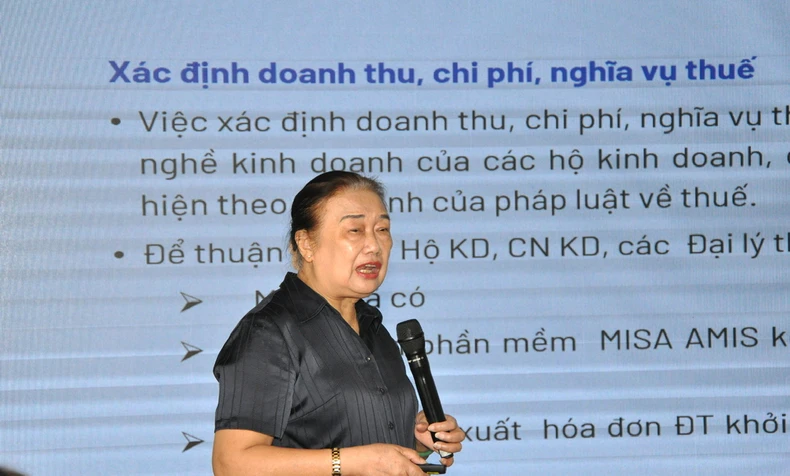 |
Ms. Nguyen Thi Cuc – President of VTCA presented a paper at the workshop. (Photo: MINH PHUONG) |
At the workshop, Ms. Nguyen Thi Cuc - Chairwoman of VTCA - presented updated contents in tax policies for business households and individuals, especially amendments and supplements in Decree 70/2025/ND-CP and Decree 123/2020/ND-CP.
In addition to the mandatory requirement for electronic invoices, Decree 70 also encourages consumers to obtain invoices through point accumulation and reward programs. At the same time, the document also specifies the time for issuing invoices in the case of exporting goods or providing services in large quantities - something that has often caused confusion for many small businesses in the past.
In particular, to improve financial management and tax compliance, business households and individuals are encouraged to implement a simple accounting regime according to Circular 88/2021/TT-BTC. Ms. Cuc believes that the application of digital technology is the "key" to helping business households determine revenue, expenses and tax obligations more transparently according to each specific industry.
Sharing from the perspective of consulting and supporting implementation, Ms. Le Thi Yen - Director of Hanoi Tax Consulting Company Limited - said that many business households still do not clearly understand their tax rights and obligations. The situation of "reluctance" to issue invoices, not keeping accounting books or lacking specialized tax personnel is still common.
“Many businesses maintain a small-scale mindset and lack investment in accounting tools and invoice software, especially in rural areas and among the elderly,” said Ms. Yen. She said that the mandatory use of electronic invoices generated from cash registers is an important turning point, but it needs to be accompanied by close support from the government and technology units to ensure feasibility and reduce legal risks.
The implementation of Decree 70/2025/ND-CP is an inevitable trend to modernize tax administration and promote financial transparency. However, for the policy to be effectively implemented, experts say that it requires the cooperation of all three parties: management agencies - technology enterprises - and business households and individuals.
Source: https://nhandan.vn/ho-ca-nhan-kinh-doanh-can-chu-dong-thich-ung-voi-quy-dinh-phai-su-dung-hoa-don-eien-tu-post874950.html









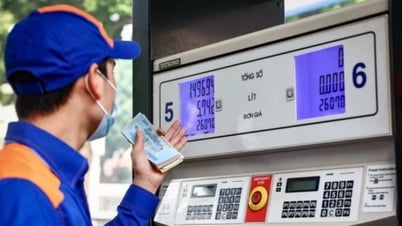

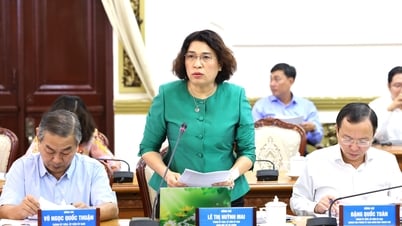






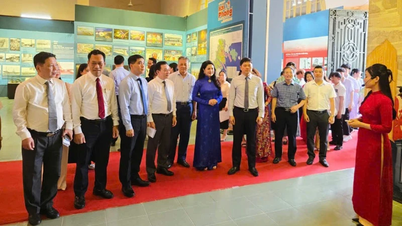

![[Photo] Prime Minister Pham Minh Chinh talks on the phone with Singaporean Prime Minister Lawrence Wong](https://vphoto.vietnam.vn/thumb/402x226/vietnam/resource/IMAGE/2025/5/8/e2eab082d9bc4fc4a360b28fa0ab94de)
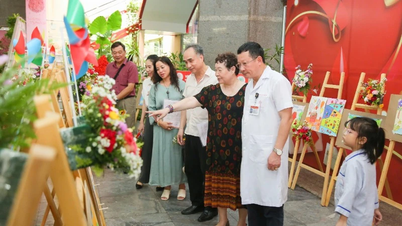

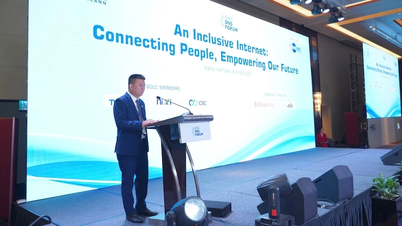










































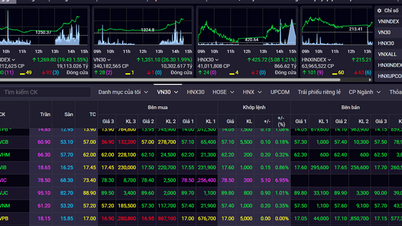



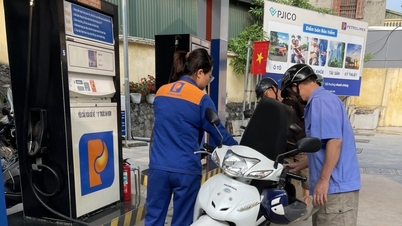

















Comment (0)